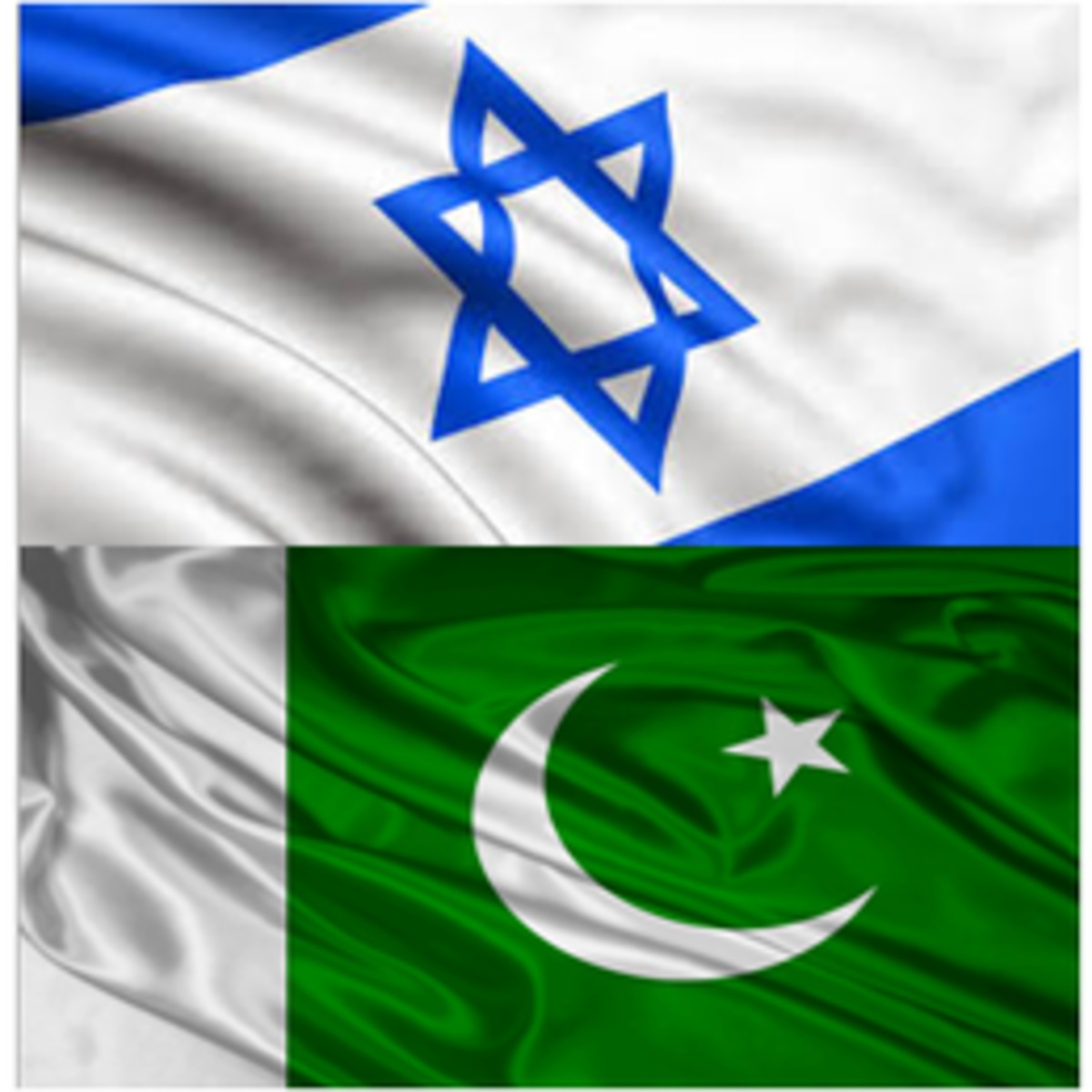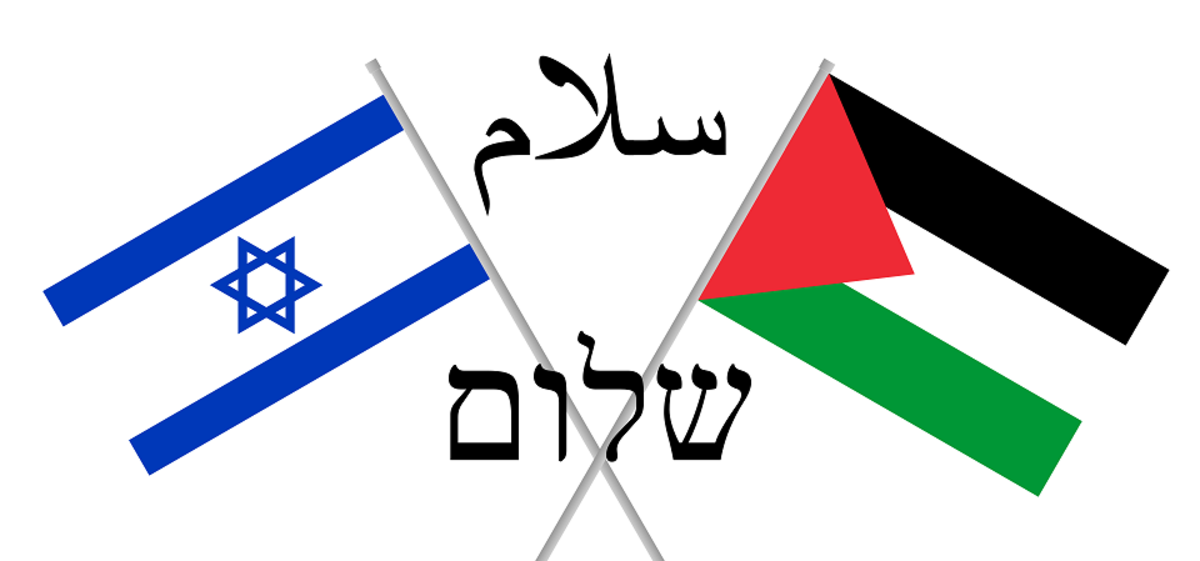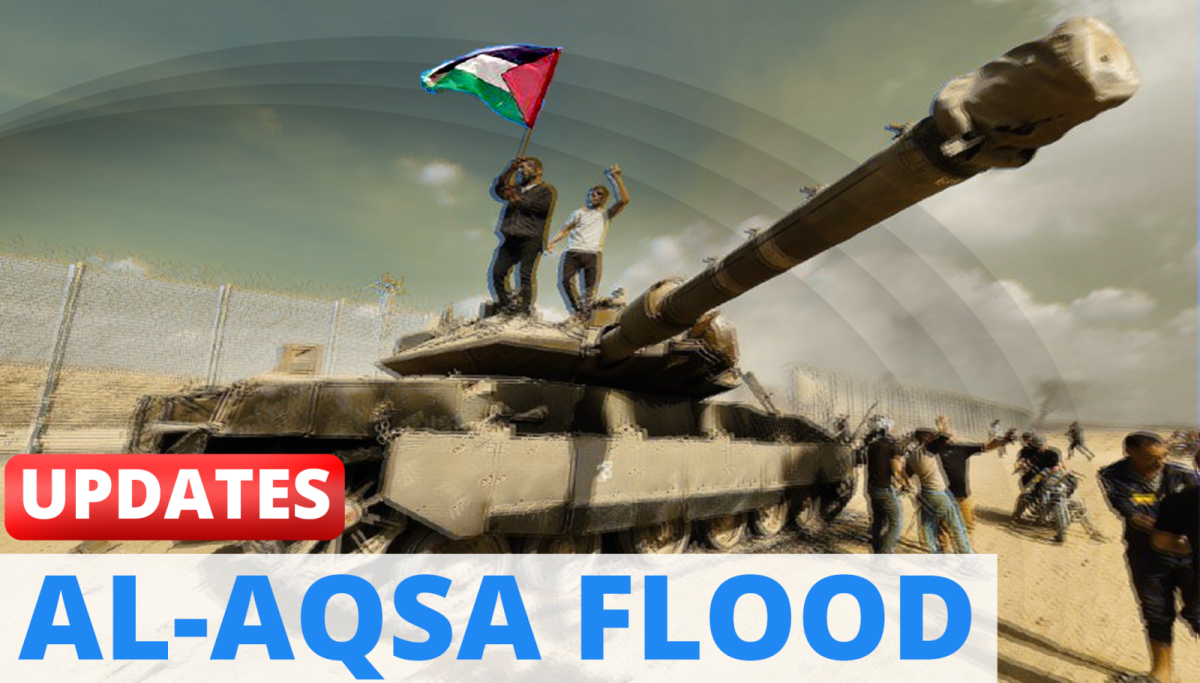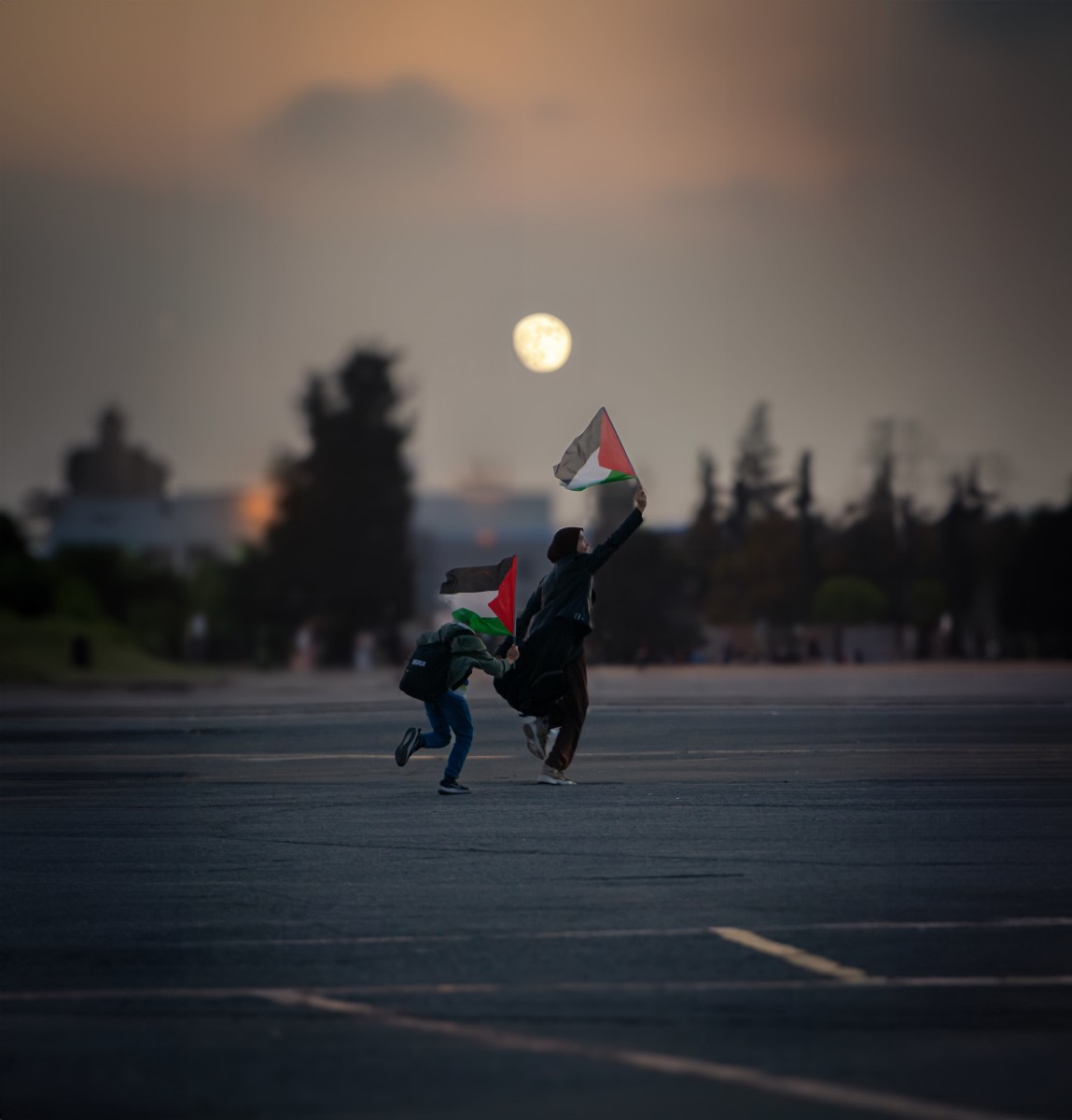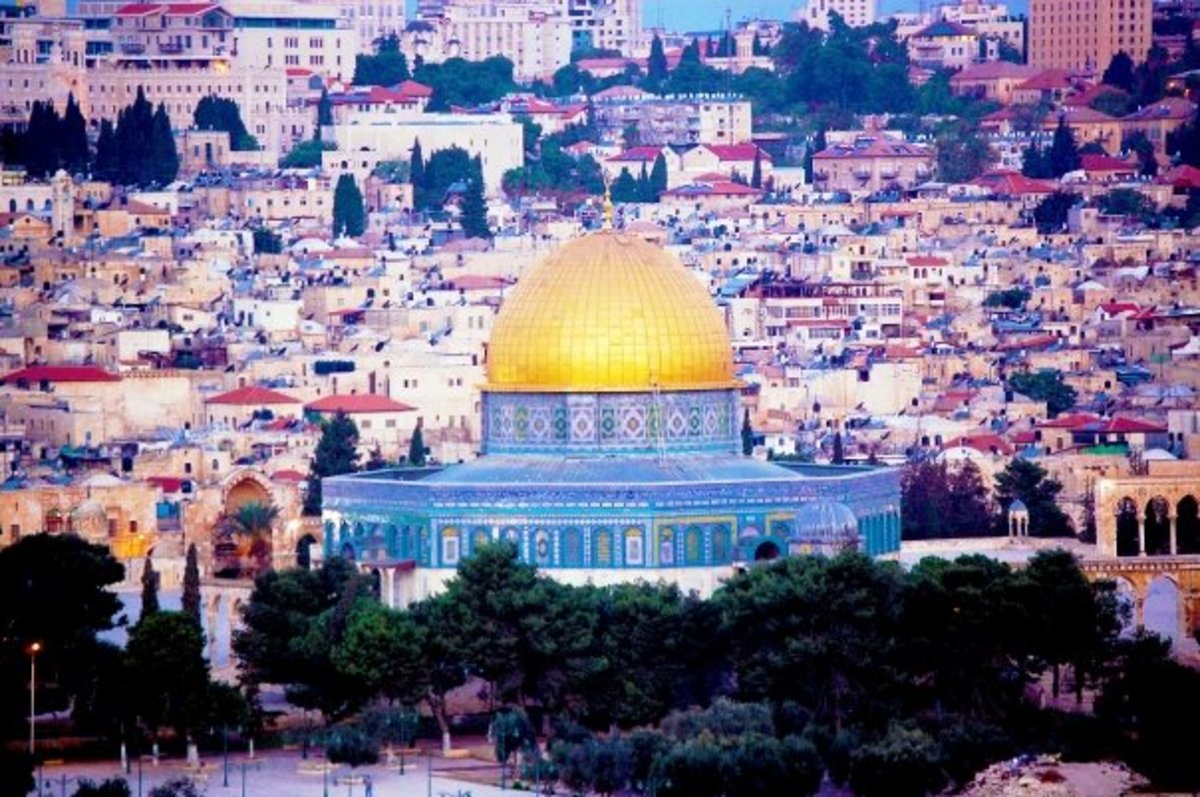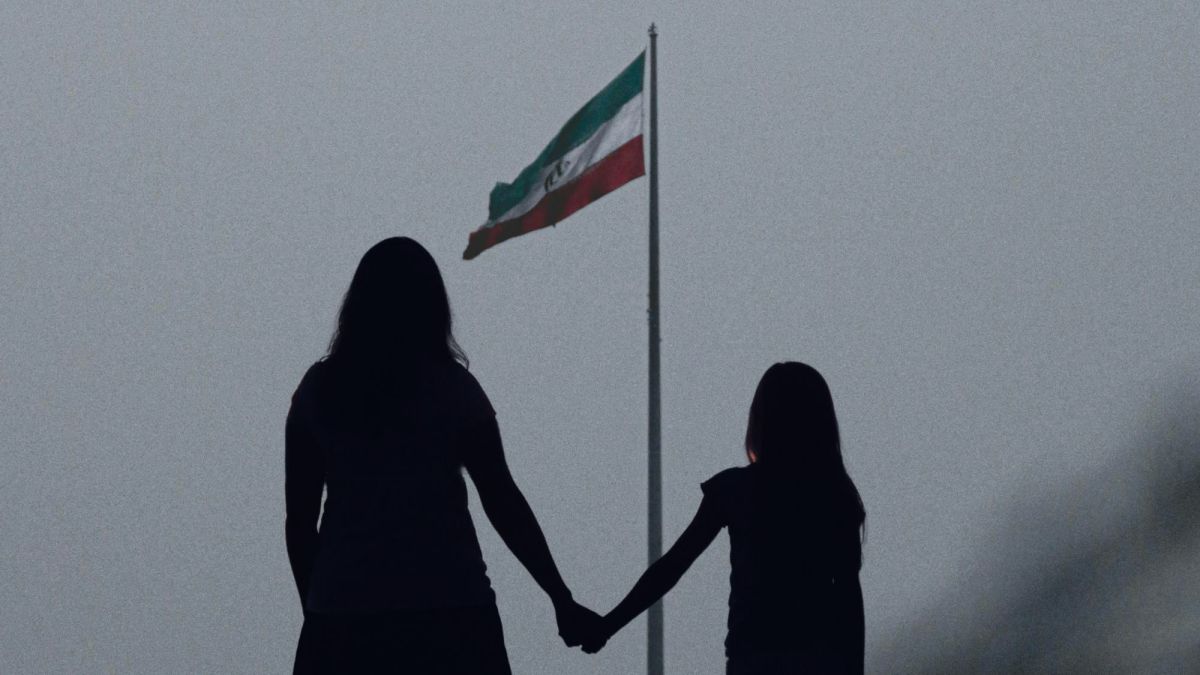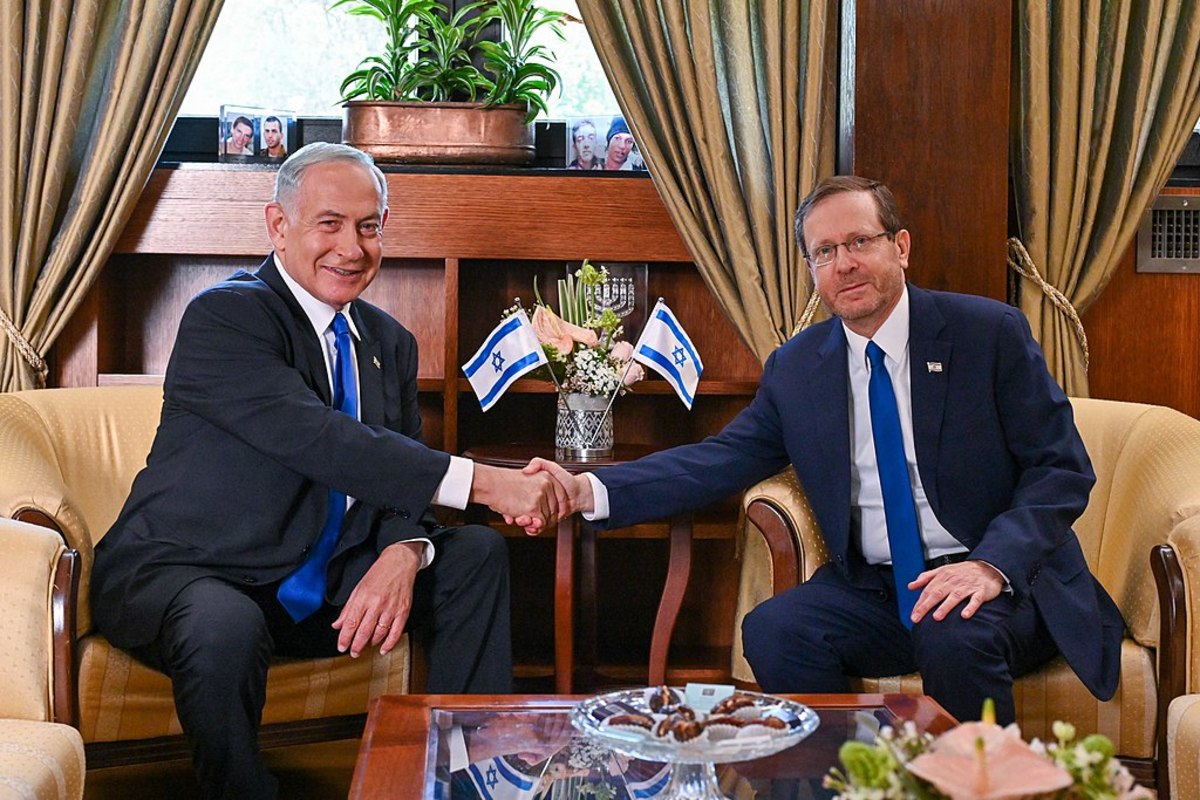This Is What "Wadi Araba" Earned for Jordan
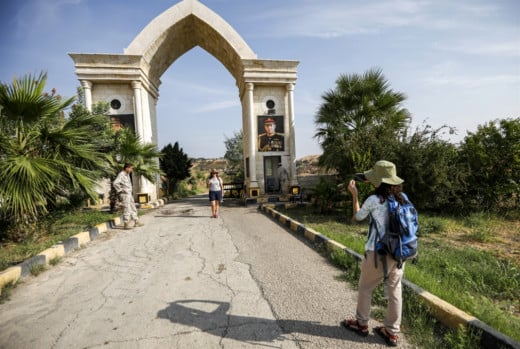
Amman Three noons were launched by the Jordanian king, Abdullah II, prior to the official announcement of the American "Deal of the Century": no to harm to Jerusalem, not to an alternative homeland, not to resettlement. Since that time, precisely after the US President Donald Trump recognized Jerusalem as "the capital of Israel" in the end of 2017, Jordanian diplomacy has worked to consolidate these scourges, in parallel with its affirmation of adhering to the "two-state solution" and "establishing a Palestinian state on the borders of June 4, 1967 with its capital East Jerusalem. But these repeated slogans did not prevent the "deal of the century" approach from the position of Jordan, not from the location of the Palestinian issue and its future, which is still ongoing since the biggest dispute with the late Palestinian President, Yasser Arafat. For three years, according to the state’s men, the rejection of any liquidation solutions at the expense of the Kingdom, especially in terms of harming the sensitive demographic balance internally, has been linked to accepting any solution that the Palestinians agree with that intersects with internal and “sovereign” interests. Thus, the margin of maneuver in Amman has narrowed in the face of direct and indirect American pressures, which is also due to the greater limitation, represented in the "Wadi Araba Agreement", which put the Jordanian state in a normalization path that cannot be returned except by blasting it from its basis, especially as the terms of the plan The American was consistent with his input.
It was remarkable, for example, in the issue of occupied Jerusalem, which represents the center for the Kingdom, that Trump's plan only provided a passing reference to the Jordanian role in the city, while dealing with the refugee issue as if it was a human rights issue by isolating it from its political reality, and considering that who happened On the nationality of the refugees, his problem ended, which means an attempt to establish the reality of resettlement and an alternative homeland. Also, security and the economy were put forward among a series of pending files, the solution of which became subject to accepting the deal and implementing it in its entirety, which means undermining the internal front and regressing the Jordanian sovereign decision.
Jerusalem
In the second most sensitive issue of Jordan, that is, Jerusalem, it turns out that the US administration did not use the term “Hashemite guardianship”, but merely said that the situation on the Temple Mount would remain the same. This is not the first document that voids the Jordanian role in "guardianship" of its content, which does not seem surprising, given that the Jordanian state itself signed the "Wadi Araba" agreement, which came in the first paragraph of its ninth article (places of historical and religious importance It “will give each other the freedom to enter places of religious and historical importance”, and in paragraph 2 that “in line with the Washington Declaration, Israel respects the current private role of the Hashemite Kingdom of Jordan in the Islamic holy places in Jerusalem, and when final status negotiations are held, you will assume Israel is a priority for K. Ri Jordanian historic role in these places », a role that has become the US administration believes that it is not worthy of respect. Likewise, it was stated in the third paragraph of "Wadi Araba" that "the two parties will work together to promote interfaith dialogue between the three monotheistic religions with the aim of working towards religious understanding, moral commitment, freedom of worship, tolerance and peace", and this is exactly what was stated in the details related to religious places in Jerusalem in " The Deal of the Century », where the discussion revolves around a Jordanian“ coordination ”role in the field of religious tourism, within the framework of a committee capable of increasing its members in the future, as well as changing their tasks.
As for the residents of the city who hold the Jordanian passport, or hold the national numbers, these three solutions were presented to them: either to become citizens of Israel, or in the proposed Palestinian state, or to retain their status as permanent residents in Israel (the identity of the people of Jerusalem), from Without clarifying if they were in this case they would still hold the Jordanian passport. In summary, the kingdom can gradually remove the burden of assuming responsibility for their legal status.
Basics of the Palestinian "State"
The third problematic issue is the idea of the "alternative homeland" and the associated proposals, such as "the Confederation", which the Jordanian screaming has rejected because of the beginning of the talk about the "deal of the century". The deal excludes the aforementioned idea, but it wants the Kingdom to have a distinct role in helping the proposed Palestinian state to "achieve good governance, based on regional proximity, cultural interdependence and family relations", and to have a "long-term role on the ground in designing relevant institutions and procedures" , And training the concerned personnel to build strong and well-governed Palestinian institutions, ”with the implication of the matter implicating in the management of this state in which a strange model of governance is set.
There was talk about King Abdullah's intention to cancel the decision to "disengage", that is, in practice, the obsession of the Palestinians and the Jordanian nationalists as well, represented by the return of Jordanian control over the occupied West Bank, but later it became clear that the matter was just rumors, especially since the decision would have meant dropping The right of return, the consecration of the idea of an "alternative homeland" and the erosion of the opportunity to establish a Palestinian state in any way.
Security
The security file revolves around basic goals: "integrating efforts to combat terrorism, border security, protecting governments and foreign personalities," and finally "responding to disasters." On the first topic, it was remarkable that the Jordanian ambassador to Tel Aviv, Ghassan Al-Majali, spoke about the matter three weeks before the deal was announced. But the most important thing is that, according to the latter, Tel Aviv is supposed to open a discussion with Amman to see to what extent the kingdom can help "Israel and Palestine" in security issues, bearing in mind that Jordan contributed to the training of the PA's forces previously.
According to the American vision, the security standards and protocols that the proposed Palestinian "state" would operate were equal to the standards followed in Jordan or Egypt, or more stringent, knowing that Amman and Cairo had settled the security issue with Israel for decades, through the terms of the Wadi Araba and Camp agreements David". The proposal to form a regional security committee (the United States, Israel, the proposed Palestine, Jordan, Egypt, Saudi Arabia, and the United Arab Emirates) is in line with what was announced separately by Adel Al-Jubeir, during his assumption of the Saudi Foreign Ministry at the end of 2018, when he spoke of «Joint Arab NATO »Which brings together the countries bordering the Red Sea and Gulf of Aden.
Crossings
The passage clause is closely related to the previous clause, and it is a supplement to it. Here, the Jordanian role, as well as the Egyptian, will be to monitor the individuals and goods that flow into the supposed Palestinian "state", along with "close monitoring by the Israelis." A role that can be said is that it is currently applied on a daily basis, in light of the measures taken by the Jordanian side to monitor the borders, within the bilateral coordination between Tel Aviv and Amman. Indeed, the land borders between the two sides, which amount to about 400 km, are quieter today, compared to the countries of the Ring.
The Kingdom went through the experience of coordination with the Palestinians on the issue of the crossings after the signing of "Oslo" and "Wadi Araba", as the members of the authority were checking the identification documents on the crossings, under Israeli supervision from back rooms with reflective glass, and Jordan has its own security system and its protocols that it operates Since the signing of the settlement agreement, therefore, any future arrangement - if it is achieved - will be procedural and will not affect the system as a whole, regardless of formal changes, such as requiring that the Israelis wear civilian uniforms at the crossings.
Ports and Ports
The American plan proposes using the ports of Haifa and Ashdod as a sea port for the Palestinian "state", but it restricts this use to complicated conditions and security measures. Therefore, it is talking about an alternative represented in using the Jordanian port of Aqaba, as if it were throwing the ball in the Jordanian-Palestinian relations field. In this context, the deal assumes a bilateral agreement that is similar to a lease contract, according to which the Palestinians will pay their share for the maintenance and repair of joint installations, while the Jordanian role will be security and supervision.
A model that looks similar to the agreement between Jordan and Israel to regulate maritime navigation (especially if the transport is through Israeli ships) on the one hand, and search and rescue operations on the other hand, as in annexes 5 and 6 of "Wadi Araba". It is worth mentioning that, according to the deal, Aqaba is considered a special economic zone, and it is being promoted as an investment spot with special laws in order to encourage investment and attract capital and projects, and it will be - according to what the plan assumes - a point of networking with the Gulf countries.
The investments that the US administration wants to make from the "Grant Fund" are similar to the marketing plans and drafts of financing projects in civil society organizations, and revolve around: regional investment, cross-border services, and regional tourism. The "proposed economic programs" also aim to support steps aimed at improving Palestinian cooperation with Jordan, Egypt and Israel in order to reduce legislative obstacles facing the movement of Palestinian goods and the Palestinian people, create an infrastructure and work environment for Palestinians that help them integrate regionally, create job opportunities for Palestinian business enterprises and promote trade That is to say, the strategic depth of the proposed Palestinian economy is the neighboring countries in every sense of the word.
Free Trade Area
The "Deal of the Century" talks about establishing a free trade zone between the Palestinian "state" and Jordan, provided that the location and size of this region do not affect the lands currently used, or that they disrupt security, which means in clearer terms that the majority of them will be established in Jordanian lands, especially that it is with Israeli control On the Jordan Valley, as the deal calls for, there will be no direct Jordanian-Palestinian borders. What strengthens the advanced explanation is the proposed plan to establish an airport in the Jordanian territories for the export of goods, which appears to be often intended as South Airport in North Shouneh in the Jordan Valley.
This point intersects with a Japanese proposal that dates back to 2006, and renewed talk about it in a quadrilateral meeting (Palestinian, Israeli, Japanese, Jordanian) in the Dead Sea in April 2018 for the "Corridor of Peace and Prosperity" initiative, which contained "support for a viable Palestinian state", Through the establishment of an agricultural industrial complex in the city of Jericho in the West Bank, and a commercial airport to ship Palestinian industrial and agricultural products abroad by air, away from the complexities of the border and its procedures. Likewise, the aforementioned item is consistent with what was stated in the terms of “Wadi Araba” for clarifying the Jordanian commercial relationship with the Palestinian Authority, as Appendix 7 / A was devoted to talking about “moving goods between Jordan and the areas within the jurisdiction of the Palestinian Authority”, and Appendix 7 / b The "Jordanian and Palestinian buses pass through King Hussein / Allenby Bridge between Jordan and the West Bank and the areas that fall under the jurisdiction of the Authority".
With Israeli control over the Jordan Valley, there will be no direct Jordanian-Palestinian borders
Dead Sea Resort
It is a project dedicated to the Palestinians in the north of the Dead Sea, and it is supposed to be arranged according to special transport operations, which do not affect the bilateral arrangements between Amman and Tel Aviv, including those annexed to Article 20 of "Wadi Araba", and related to the development of the "groove" of the Jordan Valley. The Dead Sea is considered among the natural common borders between Jordan and the occupied land, and it is subject to strict military control in light of large foreign tourism activity on its banks, and the presence of industrial facilities to extract salts and potash from it from the western side, as well as the eastern side, which is protected by the Jordanian army.
Arab-Israeli Relations
The US administration views Jordan as a corridor linking Israel to the rest of the Arab region in the east, and this vision of an economic dimension comes in line with "the ease of the flow of goods from Europe to the Persian Gulf" and vice versa, in addition to "opening a direct and short path for tourists in the same direction", with what This means from the temptations to improve the tourism and economic sectors in the Kingdom, Egypt and the putative Palestinian "state". All of this is originally a continuation of the existing relations between Amman and Tel Aviv in the field of tourism, which is stipulated in Article 17 of the Wadi Araba.
OSCME
In addition to the proposed alliances in the security clause, the proposal to form the "Organization for Security and Cooperation in the Middle East and North Africa" (OSCME) comes within the framework of attempts to establish a broad front to fight Iran, which includes Jordan and Egypt alongside Israel, with the possibility of joining other countries "in light of the common interests" For Tel Aviv and the countries of the Gulf Cooperation Council to prevent conflicts and manage crises”.
Eastern Front Guards
The eastern borders of occupied Palestine, especially the vital and broader sector represented in the Jordan Valley, represent a permanent Israeli and American concern, in terms of the possibility of "other sides" exploiting these borders, in order to attack the entity. Hence, the proposal to include the Jordan Valley, which Tel Aviv and Washington see as a preventive measure, albeit insufficient, given the limited time and space needed to deal with the rapid threats. This proposal is not born of emptiness, as it is based on the security implications in Article 4, paragraph 5 / a, of the Wadi Araba treaty. Jordan accepts, as a signatory, “taking necessary and effective measures to prevent acts of terrorism, sabotage and violence from being launched from its territory or Through his lands, by taking necessary and effective measures to combat terrorist activities and their perpetrators, ”which means that he cooperates with the Israeli enemy as a guard of the“ Eastern Front ”and is ready to repel any attack on it. According to paragraph 6 of the same article in the treaty, “any security issue is dealt with within a consultation mechanism that includes linking, verification and supervision mechanisms.” Thus, it can be said that before the Deal of the Century, Wadi Araba weakened Jordan’s position regarding the Jordan Valley, and now this deal comes not to provide logical solutions to the minimum, such as the presence of “international forces,” but rather to enable Israel to place its hand on the region.
Economic Fissure
The "Deal of the Century" for Jordan allocates $ 7.365 billion from a total of $ 50.670 billion, which is the value of economic aid included in the deal, or 14.4%. The Kingdom’s share is divided into ten years, 1.703 billion of which will be provided as grants, 2.9 billion in loans and 2.763 billion in contributions to the private sector. Unattractive numbers, in exchange for which Amman is required to play a role in assisting the supposed Palestinian "state", whose talk is about its integration into the economies of the neighboring country through investments in the transportation and infrastructure sectors. It is noted that the economic language used in the economic section of the deal (its size is greater than the political) revolves around the vocabulary: empowerment and promotion of small enterprises, entrepreneurship, innovation, and the digital economy, all of which are not alien to the Jordanian market, but rather are a system of concepts strongly present in it. Finally, the name of the Ministry of Communications and Information Technology was changed to the Ministry of Digital Economy and Entrepreneurship in May 2019.

